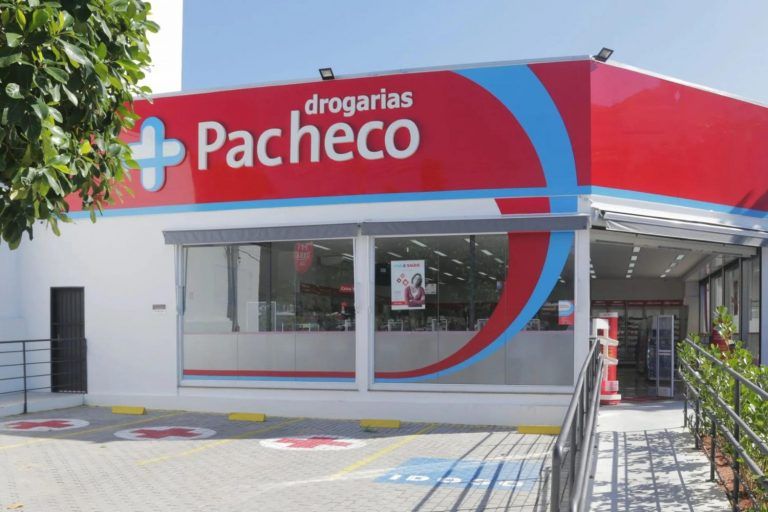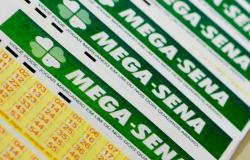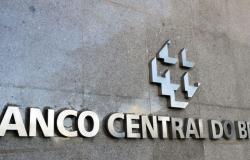
Disclosure
Samuel Barata acquired Drogarias Pacheco in 1974 and led the company’s merger with Drogaria São Paulo in 2011
Discreet. Little impulsive. Cautious. And with an unquestionable business acumen. That was the billionaire Samuel Barata (1931-2024), who died in Rio de Janeiro this Monday (22). In his behavior, Samuel was the opposite of his brother Jacob (1932-2023), a businessman in the urban transport sector in Rio. Jacob liked to party. Samuel, if he could, would be invisible. He dressed discreetly. He didn’t flaunt it on the cars he owned. He ran away from photographers and journalists. You can look for it: no photo illustrated the dozens of obituaries published commenting on the news.
Controlling shareholder of the Drogaria São Paulo e Pacheco (DPSP) group, Barata was a rich man. He was in 74th position on the list of Brazilian billionaires published by Forbes in 2023, with assets of R$5 billion. His long business career shows that he was a competent businessman. And that, already in his 80s, he was able to be flexible enough to create a merger that created, until now, the second largest pharmacy chain in the country.
-
Follow the Forbes and Forbes Money channel on WhatsApp and receive the main news about business, career, technology and lifestyle
Barata began his career in the pharmaceutical sector in the 1970s, when he bought a medicine distributor in Rio de Janeiro created by a former clerk from the first unit of Drogarias Pacheco. Shortly afterwards, he realized that profit margins were thicker in sales to the end consumer. Despite being a much more fragmented market at the time than today, pharmacies had good bargaining power with distributors.
Three years later, Barata also acquired the Drogarias Pacheco store, founded in 1892 by businessman José Magalhães Pacheco. Barata soon began an expansion that, at the time of the merger with Drogaria São Paulo, in 2011, led the chain to have 343 points of sale in the states of Rio de Janeiro, São Paulo, Minas Gerais and Espírito Santo.
Competitive sector
The longevity of Barata’s company shows his business capacity. In a country where medical coverage is restricted to large centers and only a few years ago there began to be stricter control over the sale of medicines (such as antibiotics, for example), pharmacies function as an informal medical center.
According to data from the Federal Pharmacy Council, there are around 90 thousand pharmacies in the country, compared to 55 thousand in 2003. Growth is 63% in 20 years. With many of them next to each other, it is easy for consumers to look for price, which prevents margin growth.
Proof of how competitive the sector is was the disappointing result of the BR Pharma group. Created in 2008 by the bank BTG Pactual, the company’s goal – which had abundant resources at its disposal, having gone public on B3 – was to be the major consolidator in the sector. However, the sector’s difficulties led the company to judicial recovery nine years later and bankruptcy, declared by the courts in 2019.
Barata and his Drogaria Pacheco managed to navigate these turbulent waters. Only when a merger created competitor RaiaDrogasil did he realize it was necessary to gain muscle through inorganic expansion.
Without citing the cause of Barata’s death, the DPSP Group lamented his death, highlighting that the businessman was responsible for revolutionizing pharmaceutical retail and expanding the network.
The businessman leaves behind four children, eight grandchildren and 12 great-grandchildren. His brother, Jacob Barata, known as the “King of Buses” in Rio, died in December last year, aged 91.
Read too:
Jacob Barata, the “King of Buses”
A native of Belém, Jacob Barata was one of the founders of the Guanabara Group, one of the largest conglomerates of bus companies in the country, which has more than 30 companies, mainly in the metropolitan region of Rio de Janeiro. A bank and Mercedes Benz commercial vehicle dealerships are also part of the group founded in 1968 and which has more than 8 thousand employees.
His son, Jacob Barata Filho, a businessman also in the passenger transport sector, inherited the nickname King of Buses. In November 2020, Barata Filho was sentenced by the Federal Court in Rio de Janeiro to more than 28 years in prison for corruption.
The conviction was within the scope of Operation Ponto Final, which investigated the payment of bribes to politicians by businesspeople in the public transport sector, to obtain advantages in the value of fares and other benefits. However, the Federal Regional Court of the 2nd Region annulled the conviction and referred the case to the state court.
Tags: Samuel Barata pharmacy billionaire
--





